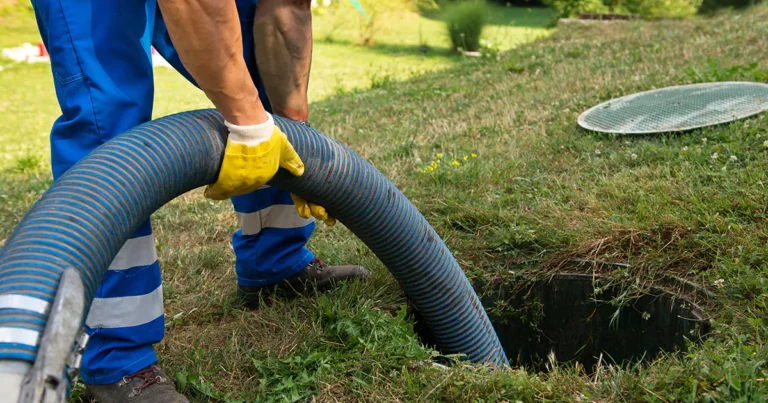Introduction:
In the realm of home maintenance, few tasks are as vital yet often overlooked as septic tank pumping. A well-functioning septic system is the unsung hero of household sanitation, efficiently managing wastewater disposal. However, without proper maintenance, problems can quickly arise, leading to unpleasant and costly consequences. In this guide, we delve into the importance of septic tank pumping, its significance in maintaining a healthy home environment, and the steps involved in ensuring it’s done correctly.
Understanding the Importance of Septic Tank Pumping:
Septic tanks are underground chambers that collect and decompose sewage from homes that are not connected to a municipal sewer system. Over time, solid waste accumulates at the bottom of the tank, while lighter materials like grease and oil float to the surface. Without regular pumping, these layers can build up, causing blockages, backups, and potential environmental contamination.
The Risks of Neglecting Septic Tank Pumping
Ignoring the need for septic tank pumping can lead to a host of problems, ranging from minor inconveniences to major disasters. These risks include:
- Foul Odors: Accumulated sludge and stagnant wastewater can emit unpleasant odors both inside and outside your home.
- Plumbing Issues: Clogs and backups in your drains and toilets are common symptoms of an overdue septic tank pumping.
- Property Damage: Untreated sewage backups can damage your property, including flooring, walls, and landscaping.
- Health Hazards: Exposure to sewage poses significant health risks, including bacterial infections and waterborne diseases.
- Environmental Contamination: Leaking or overflowing septic systems can contaminate groundwater and nearby water sources, posing a threat to public health and the environment.
The Pumping Process Demystified
Septic tank pumping is a straightforward yet essential maintenance task that should be performed every 3 to 5 years, depending on household size and water usage. Here’s what you can expect during the process:
- Inspection: A professional technician will inspect your septic system to assess its condition and locate the access points to the tank.
- Pumping: Using specialized equipment, the technician will remove the accumulated sludge and scum from your septic tank, ensuring it’s emptied thoroughly.
- Cleaning: Once pumped, the interior of the tank may be rinsed with water to remove any remaining debris and ensure optimal functionality.
- Inspection (Optional): Some service providers offer additional inspections of the drain field and other components of the septic system to identify any potential issues.
DIY vs. Professional Pumping: Making the Right Choice
While some homeowners may attempt to pump their septic tanks themselves, it’s generally recommended to hire a professional for this task. Here’s why:
- Expertise: Professional technicians have the training, experience, and equipment necessary to safely and effectively pump septic tanks.
- Safety: Handling sewage can expose you to harmful bacteria and gases, making DIY pumping hazardous without the proper protective gear.
- Legal Compliance: In many areas, septic tank pumping must be performed by licensed professionals to comply with local regulations and environmental standards.
Oil Tank Removal: A Note on Environmental Responsibility
In addition to septic tank pumping, homeowners with oil tanks should also consider their removal and proper disposal. Unused or deteriorating oil tanks pose environmental risks, including soil and groundwater contamination. Consulting with a qualified professional for oil tank removal ensures compliance with environmental regulations and minimizes the potential for pollution.
Conclusion:
Septic tank pumping is not just a routine maintenance task; it’s a crucial aspect of responsible homeownership. By understanding its importance and entrusting the job to qualified professionals, you can ensure the continued functionality of your septic system, protect your property and the environment, and safeguard the health and well-being of your household.

